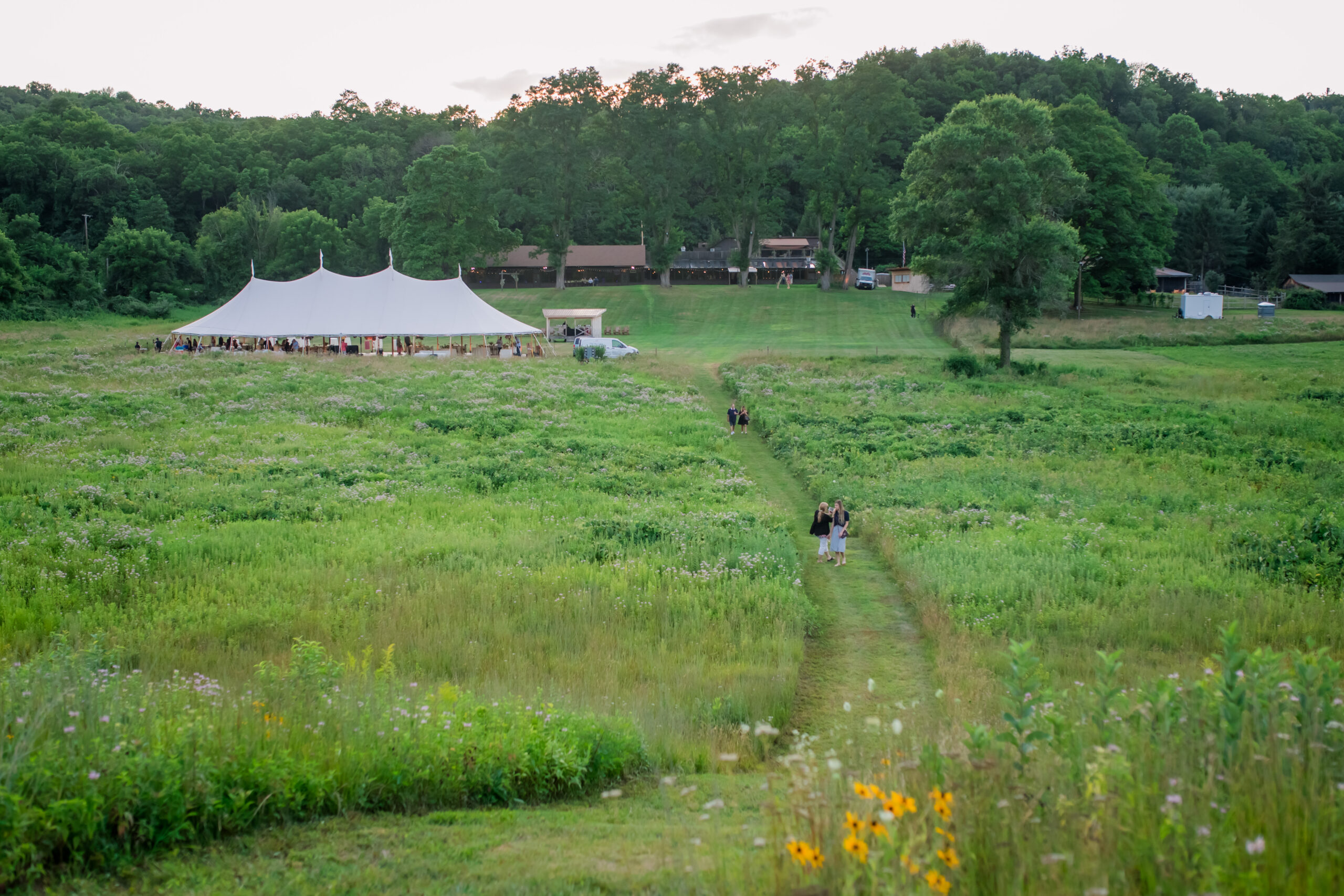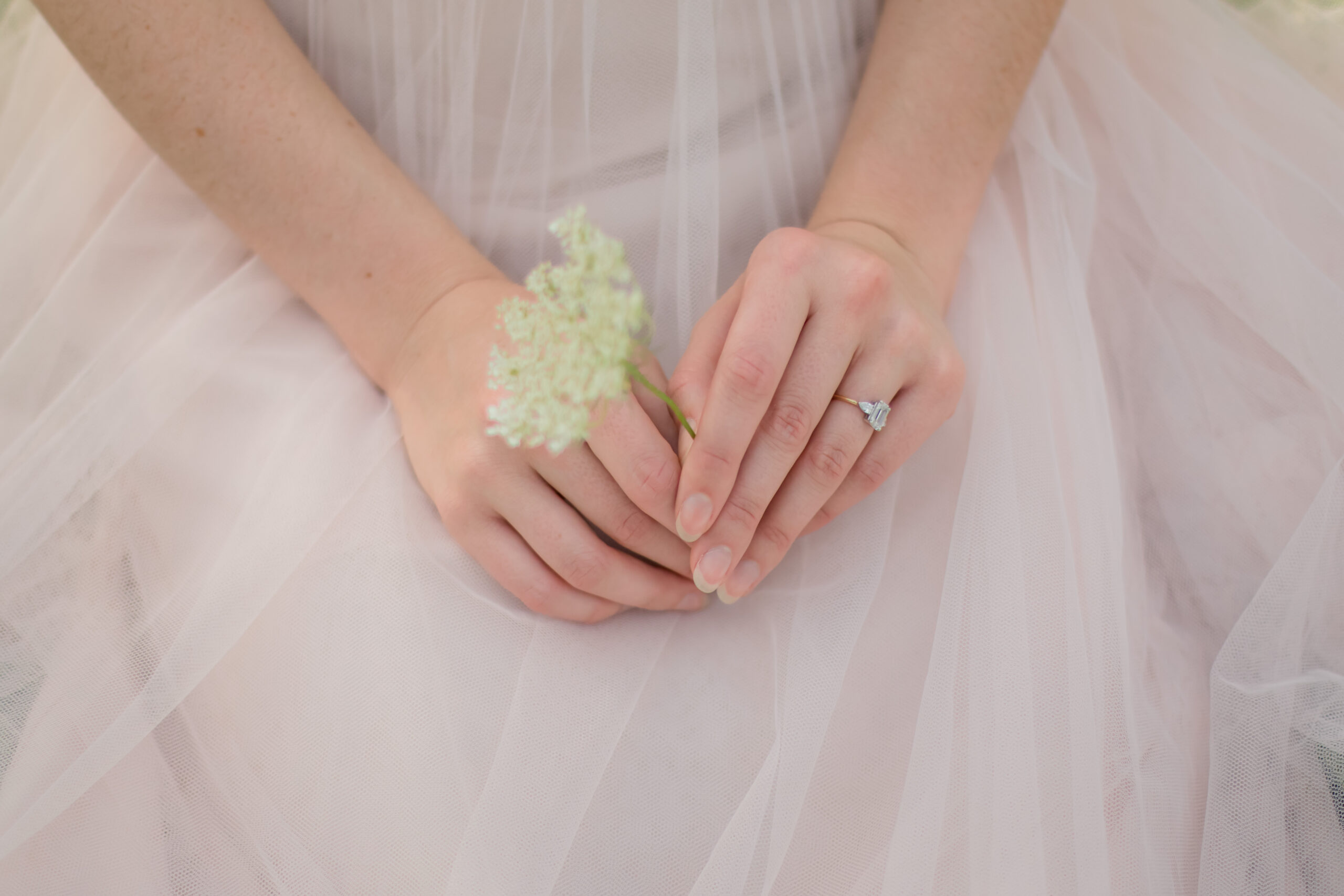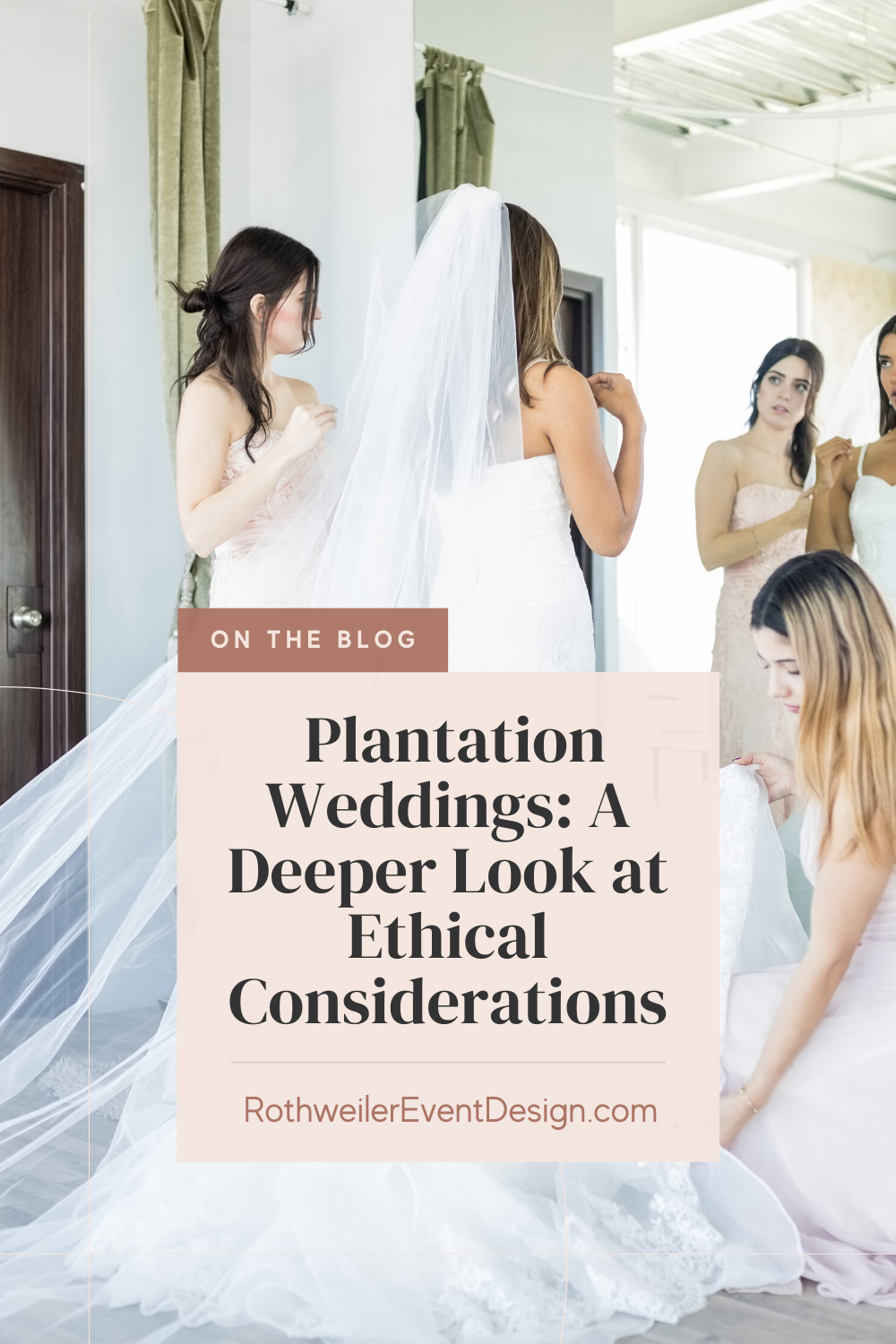When it comes to planning a dream wedding, there’s no denying that couples are increasingly seeking unique and picturesque venues that reflect their personalities and love stories. However, as wedding planners, it’s important to delve into the historical and ethical aspects of potential venues. One type of venue that has gained popularity over the years is plantation estates. While they might seem charming and elegant on the surface, it’s essential to address the concerns and implications associated with holding weddings at plantation venues.

Late last week, news spread quickly about a wedding company hosting their annual event at Montage Palmetto Bluff, located in South Carolina. When the comments on Instagram first started, they were largely praising the selection and people were overjoyed to either be on the speaker panel or just to attend in general.
Then, the overdue and much deserved backlash started. One by one, vendors commented how disgraceful this was, which eventually led to the cancellation of the event entirely.
The discussion has now started again about why plantations are not the right choice for weddings or any type of celebrations. To learn more about this…keep reading.
*Please note that most of the links of this page are affiliate links. This means if you click on a link and purchase, you will receive the same price, but I will receive a referral fee. This helps keep my blog free and allows me to share wedding planning tips with you. Thanks for your support!*
The Complex History
Plantations carry a dark history rooted in slavery and oppression. These locations were once the sites of unimaginable suffering, where countless lives were subjected to inhumane treatment. Holding a celebration that symbolizes love and unity at such a location can be deeply insensitive to the painful past these sites represent. We must remember that the romanticized façade of a plantation often obscures the cruelty that once occurred within its walls.
Related: Why It Was Never OK To Get Married At A Plantation
Ethical Considerations
1. **Cultural Sensitivity**: Plantations are tied to a history of racial exploitation and inequality. By choosing such a venue, couples risk disregarding the sensitivities and emotions of those who are directly affected by this history. It’s important to be empathetic to the feelings of all guests attending the wedding.
2. **Perpetuating Harm**: Opting for a plantation venue could inadvertently perpetuate the notion that these spaces are suitable for celebrations. This undermines efforts to educate and raise awareness about the atrocities that took place on these grounds.
3. **Educational Opportunity**: While some couples might argue that holding a wedding at a plantation can serve as an educational opportunity, it’s vital to remember that there are alternative ways to engage in historical learning that don’t involve celebrations. Encouraging visits to museums, engaging with historians, and participating in educational programs can be more respectful ways to understand history.
Alternatives to Plantation Venues
As wedding planners, we have the privilege of guiding couples towards making informed, conscious decisions for their big day. There are countless breathtaking and unique venues available that can capture the essence of a couple’s love without evoking painful historical memories. From rustic barns to elegant ballrooms, there are endless options that can provide the desired atmosphere without compromising on ethics and cultural sensitivity.

As professionals in the wedding industry, it’s our responsibility to approach our work with mindfulness and empathy. While plantation venues might offer a picturesque backdrop, it’s essential to recognize the ethical and historical implications tied to these locations. Instead of perpetuating the narrative of pain and suffering, let’s encourage couples to celebrate their love in spaces that honor their commitment while respecting the struggles of the past. By making conscious choices, we can create weddings that are truly reflective of love, unity, and a brighter future for all.





